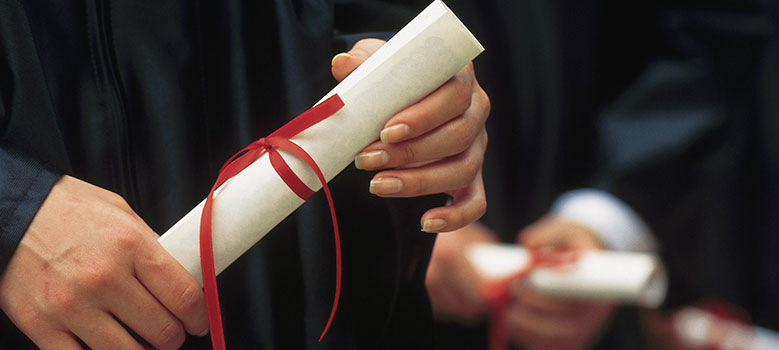2018-2019 CATALOG [ARCHIVED CATALOG]
Courses Offered
|
|
|

A grade of “C” or better is required in all prerequisite courses and in all courses specified by course numbers in the summary of required hours.
Note: Any program directed or technical electives, all Allied Health programs, Associate of Science in Teaching (AST), and Technical Certificates requires “C” or better in all course work.
|
| |
Early Childhood Education |
| |
|
| |
|
Economics |
| |
|
| |
|
Education |
| |
|
| |
|
| |
|
Education Psychology |
| |
|
Electrical/Electronic Engineering Technology |
| |
|
| |
|
| |
|
| |
|
| |
|
| |
|
| |
|
| |
|
| |
|
| |
|
| |
|
| |
|
| |
|
| |
|
| |
|
| |
|
| |
|
| |
|
| |
|
Emergency Medical Services A prerequisite to all EA courses is admission into the program in which the course is required. Please consult the brochure for the specific program. All courses shown in the same term are corequisites and all courses shown in the preceding term(s) are prerequisites. |
| |
|
| |
|
| |
|
| |
|
| |
|
| |
|
| |
|
EMT Clinical |
| |
|
| |
|
| |
|
| |
|
| |
|
| |
|
| |
|
| |
|
| |
|
| |
|
| |
|
| |
|
| |
|
EMT - Paramedic |
| |
|
| |
|
| |
|
Engineering Technology |
| |
-
CI 234 - Structures (4)
Principles of mechanics and material behavior related to building structures. Topics include force systems, frame analysis, section properties, stress, and basic analysis, design, and detailing of steel reinforced concrete, and wood structures. Lab work parallels class work. 3 lecture, 3 lab.
Prereq(s): CI 134, MD 134, and CI 231 [S] Note(s): Student must be AT COLLEGE LEVEL IN ALL AREAS to take this course.
Click here for Fall course scheduling information.
|
| |
|
| |
|
| |
|
| |
|
| |
|
| |
|
| |
|
| |
|
| |
|
| |
|
| |
|
| |
|
| |
|
| |
|
| |
|
| |
|
| |
|
| |
|
| |
|
| |
|
| |
|
| |
|
| |
|
| |
|
| |
|
| |
|
| |
|
| |
|
| |
|
| |
|
| |
|
| |
|
| |
|
| |
|
| |
|
| |
|
Engineering Transfer (Pre-Engineering) |
| |
|
| |
|
| |
|
| |
|
| |
|
| |
|
| |
|
| |
|
| |
|
| |
|
| |
|
| |
|
| |
|
| |
Page: 1
| 2
| 3
| 4
| 5
| 6
| 7
| 8
| 9
| 10
| 11
-> 12 |
|